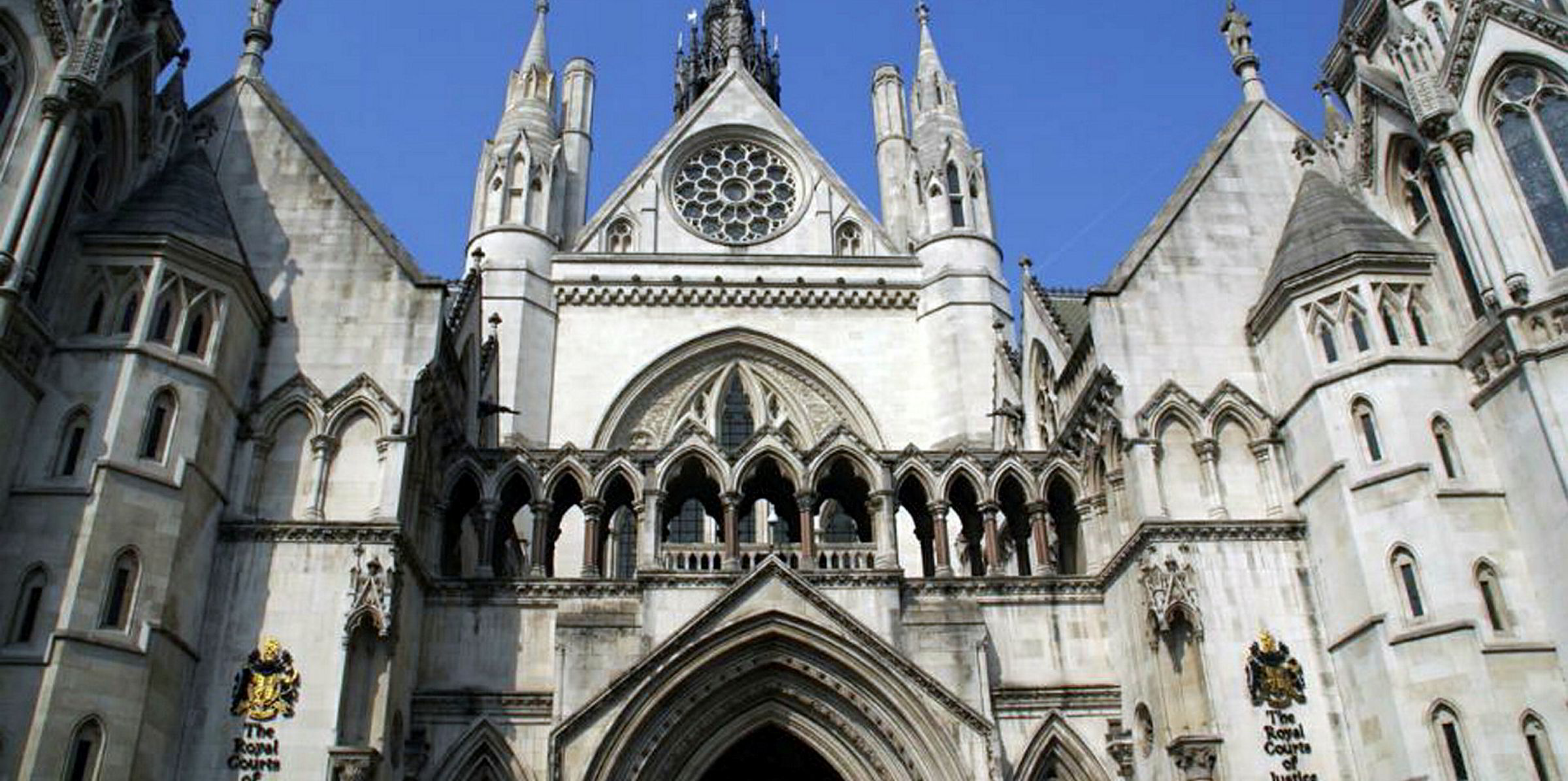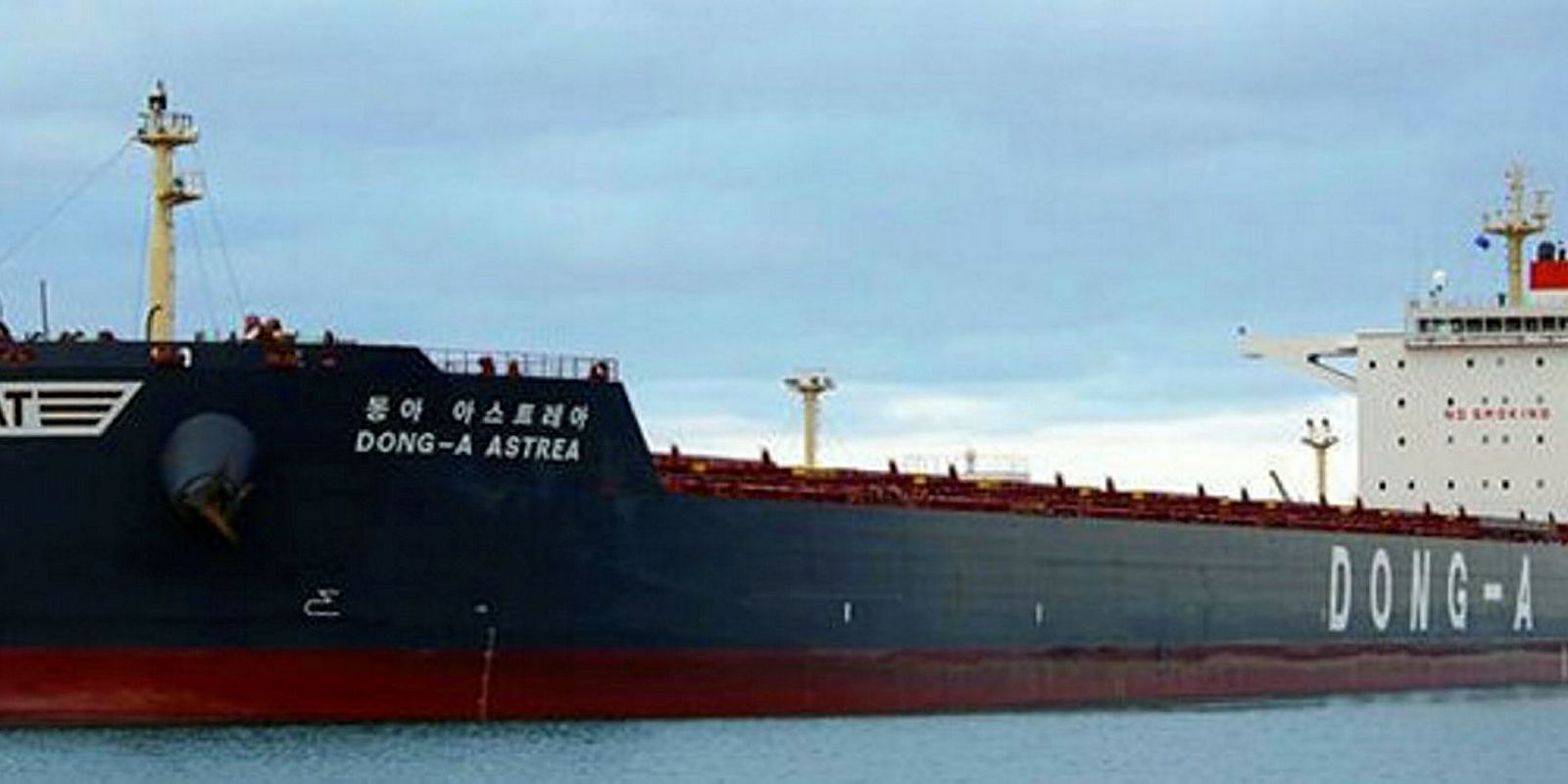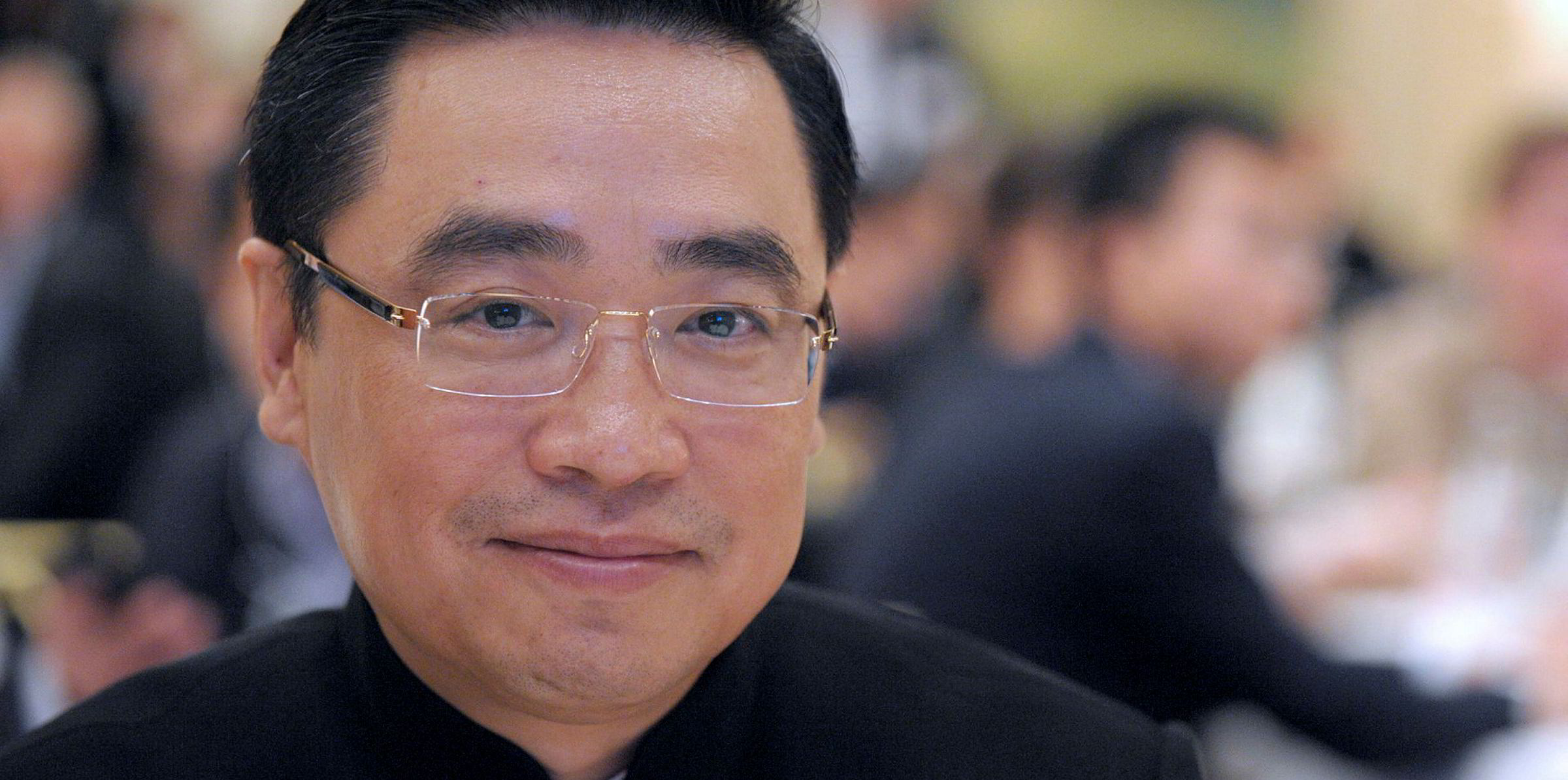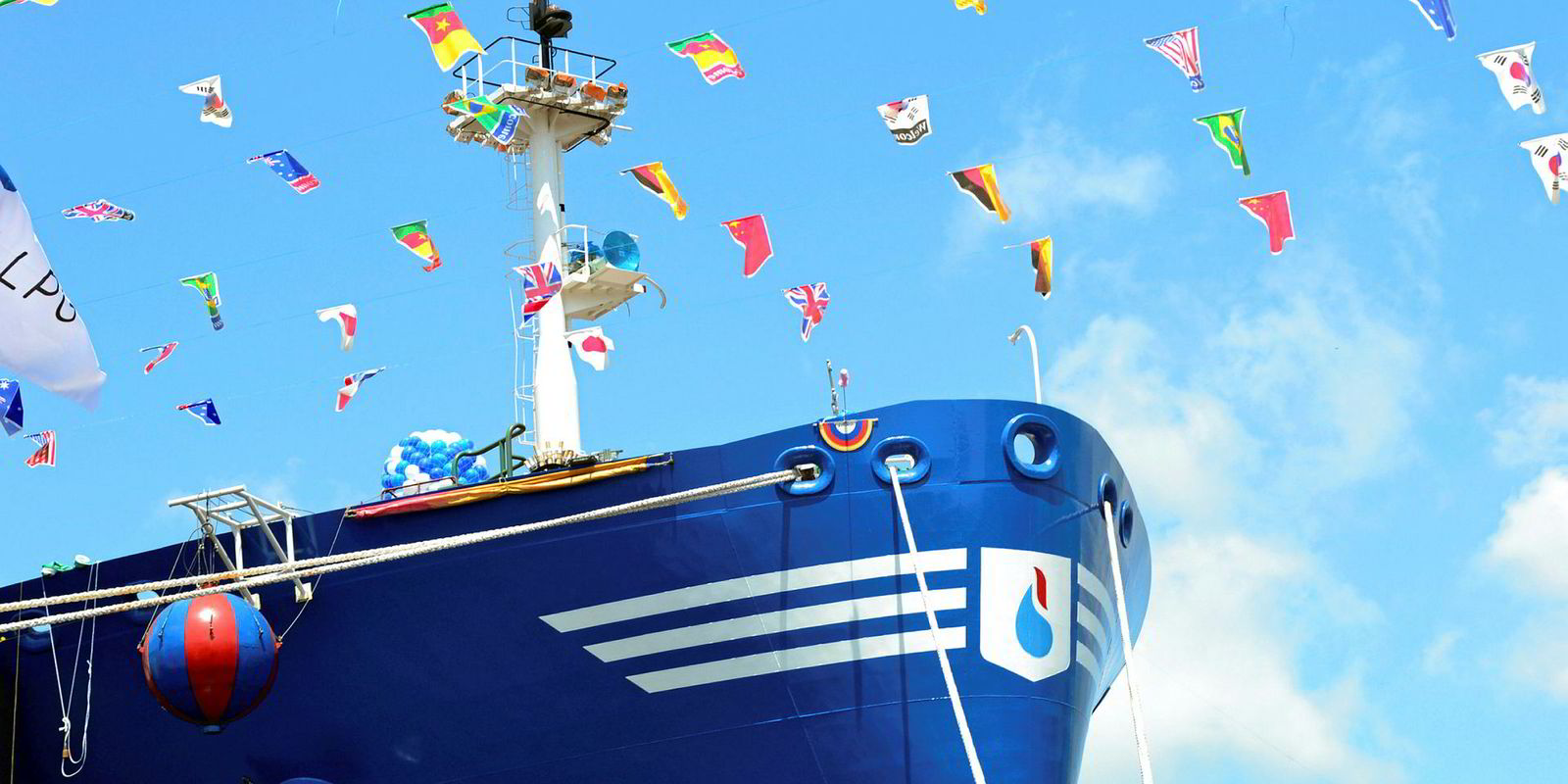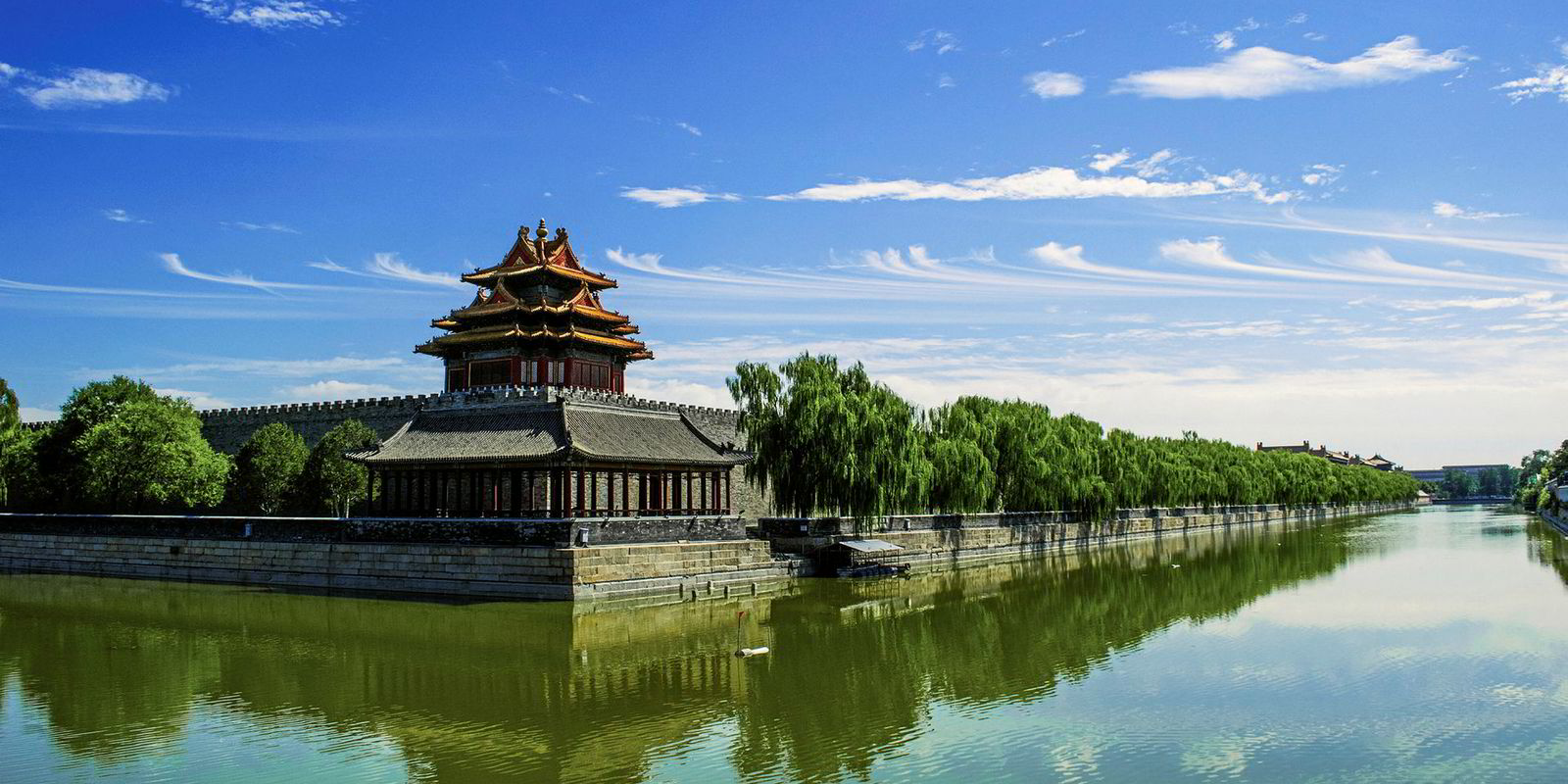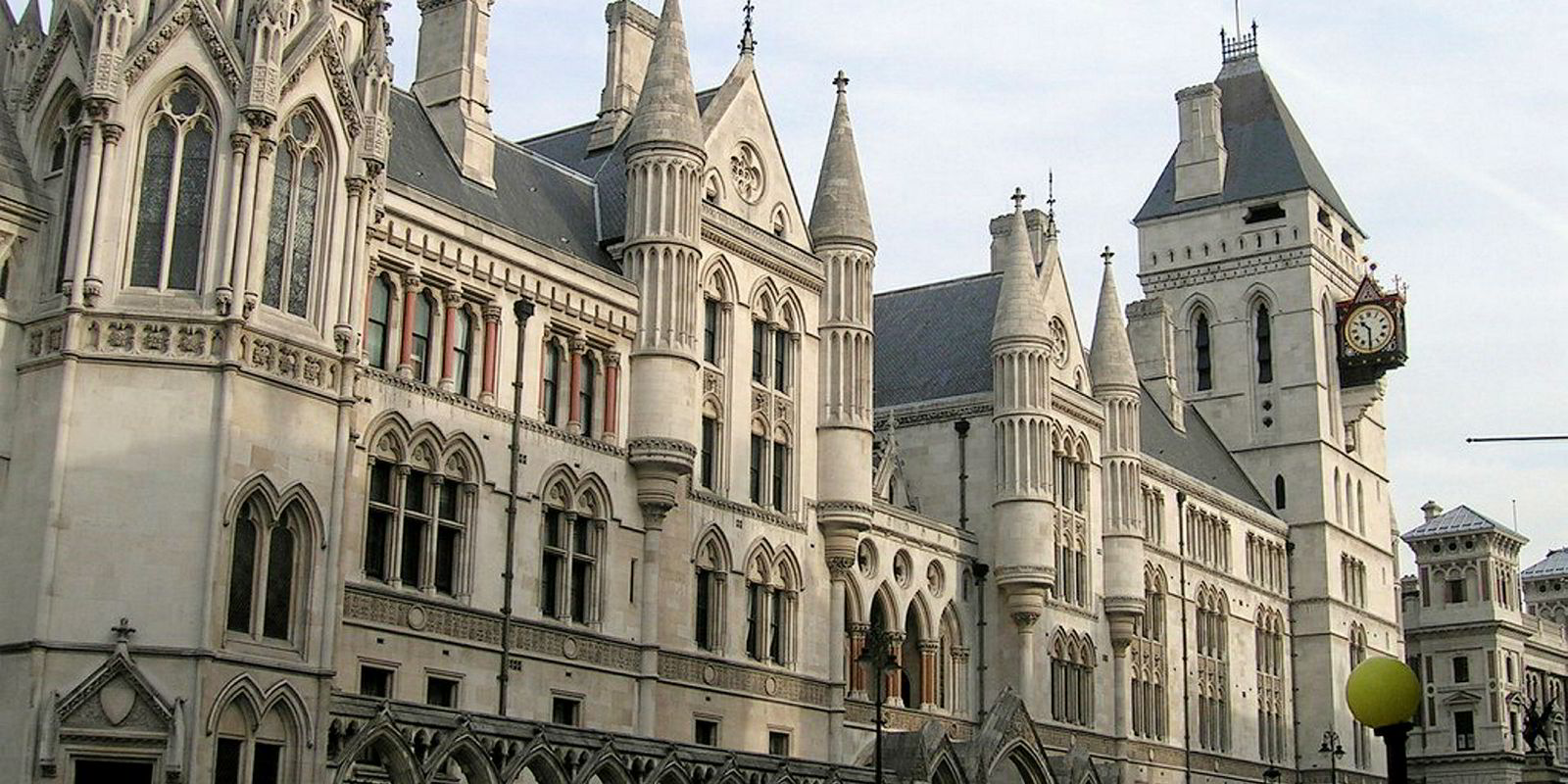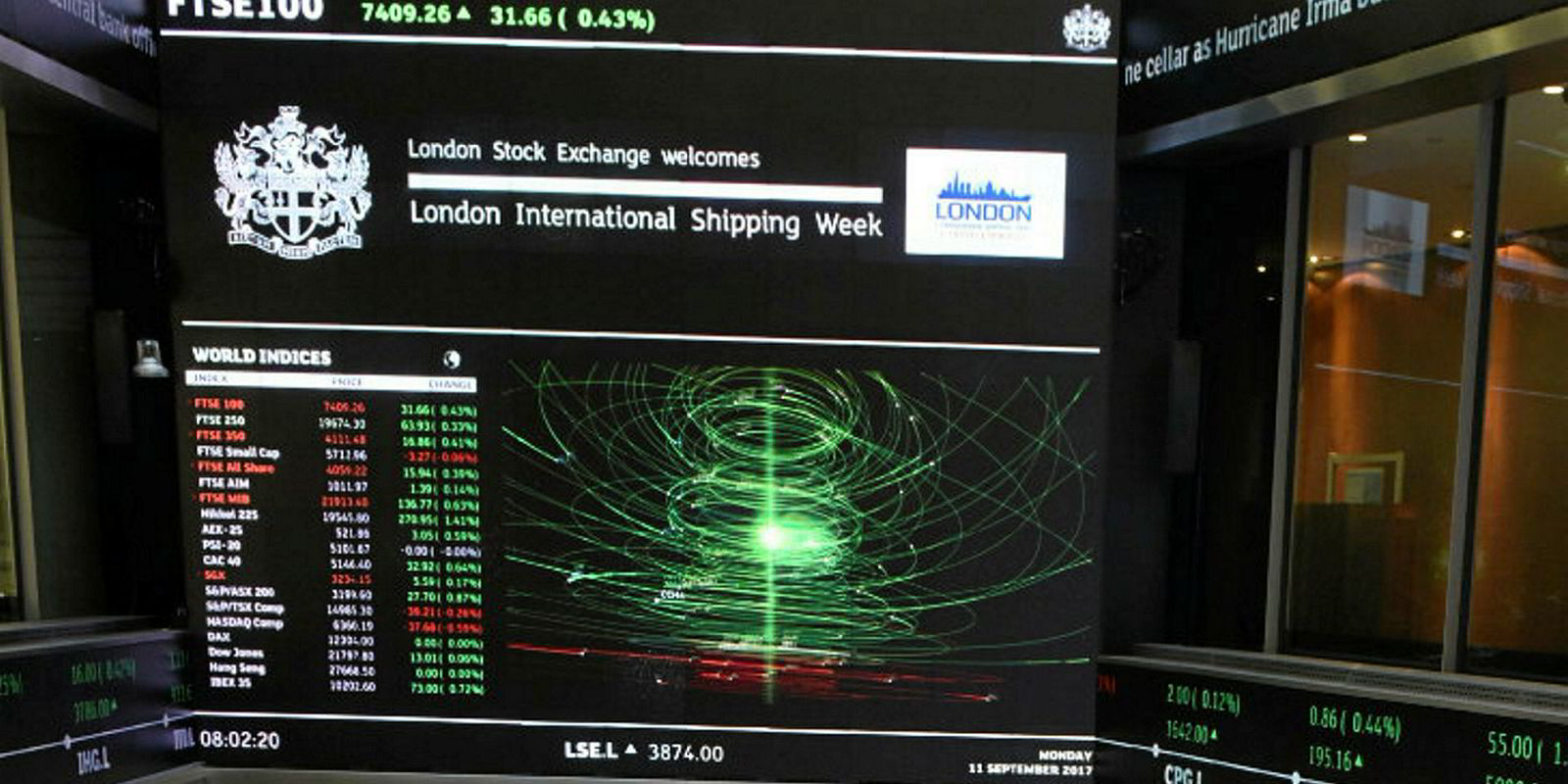England's Court of Appeal has granted China's HNA Group a second go at defending itself from a $68.6m judgment in a bitterly fought charter default dispute dating from the last days of the 2008 bull market.
The three-member panel found that High Court judge Robin Knowles incorrectly allowed "irrelevant matters including his lingering doubt as to whether the admissions were procured by torture" to influence his evaluation of bribery allegations in the May 2016 decision in favour of Shagang Shipping (now in liquidation).
The case involves the 179,300-dwt capesize Dong-A Astrea (built 2010), which Shagang chartered from South Korea's Dong-A Tanker in August 2008 while it was under construction, based on a back-to-back charter to Grand China Shipping with a performance guarantee by parent HNA, signed by chairman Chen Feng.
Historic trough
By the time the ship was delivered, the market was already two years into a historic trough. Grand China redelivered the ship in 2012 after a period of unpaid hire. The $68.6m quantum of claim dates to November 2013 and does not take into account interest or costs accrued since then.
HNA has resolutely fought paying the 2016 judgment. It argues that bribery stood behind the original seven-year charter and that this invalidates its performance guarantee.
Its evidence includes confessions from Chinese court proceedings by former chartering officials of Grand China Shipping and Shagang to Chinese police interrogators.
HNA lawyers claim that former Shagang general manager Shen Wenfu had Shagang employee Xu Wenchong pay CNY 300,000 ($44,000) to his former college classmate Jia Tingsheng in order to influence his father, Jia Hongxiang, who was Grand China Shipping chief executive at the time.
Lawyers for Shagang's liquidators have argued that the bribery story is not credible because no illegal inducements were necessary to obtain high rates for capesize bulkers in August 2008.
They also cited written statements from those involved, saying that their confessions and criminal convictions were procured by torture in the basement of the Haikou Public Security Bureau (PSB), including beatings and waterboarding.
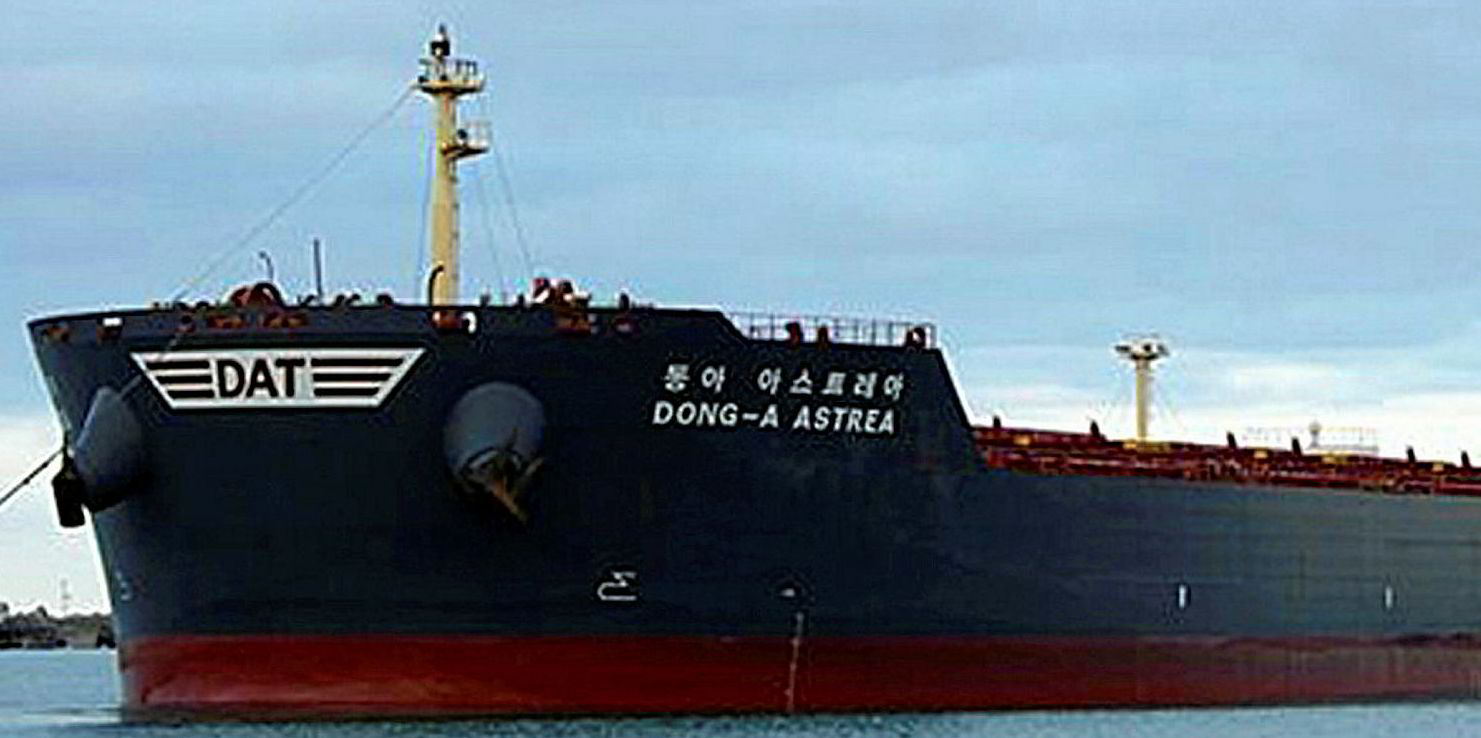
"The least serious methods used against me were fists and truncheons," former Shagang official Xu told his lawyer in a written statement quoted in the High Court case. "I was stripped of my clothes and cold air was blown on me. They covered my mouth with their hands after water was poured into me. I was also burnt with a cigarette butt.
"At first I said that there had been no such thing [bribery], but they then tortured me and I couldn't take it any longer," said Xu according to his lawyer, Guo Zhilian.
"On the morning of 24 [January 2014], I said I had paid out 100,000 yuan. I made this up. On the afternoon of 24 [January], they tortured me again and poured water into me. I couldn't bear it any more. They told me it had been 300,000 and it had been paid in two batches — 150,000 each time. In the end, I had no other way out but to say what I was told to say."
Xu also claimed he had heard the screams of the younger Jia from another room in the PSB station.
"I definitely never did it. At that time, the market was dominated by shipowners and we didn't have to ask any favours of [Grand China]. They had to ask help from us. Their company was a new company and we were an established company," Xu said, according to the lawyer's written statement.
Unresolved doubts
But the High Court proceedings had no access to the witnesses in the Chinese bribery cases or other direct evidence to evaluate the torture allegations, and the appeals panel of judges Geoffrey Vos, Guy Newey and Elizabeth Gloster said Knowles' unresolved doubts about torture have no place in deciding whether Shagang bribed Grand China officials.
The retrial will take place before a fresh commercial court judge using only the evidence that was before Knowles in the original trial.
"[There] is an advantage in a judge looking at the matter entirely free from the burden of considering the difficult question whether there was or was not torture," the appeal judges wrote.
"Whilst we fully accept and endorse the constitutional abhorrence for torture, we do not consider that it bears on a civil judge's responsibility to decide whether something is more likely than not to have happened.
"In the present case, the judge was unable to find on the balance of probabilities that the admissions had been obtained by torture. That was, in law, a finding that there was no torture. In our judgment, once the judge had decided that torture had not been proved on the balance of probabilities, he was in our judgment bound entirely to disregard the possibility that the admissions had been obtained by torture.
"He had decided the point, and that was the end of it. If he took his lingering doubts as to torture into account in evaluating the weight to be attached to the admissions, he made an error of law."
Legal representatives of Shagang's liquidators declined to comment, while those of HNA could not be reached before TradeWinds went to press.
